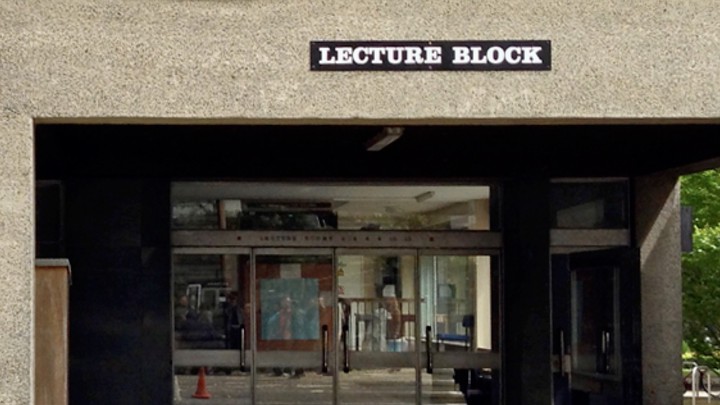Qualities

Course description
These four lectures will talk about qualities. We will discuss the distinction between primary and secondary qualities, dispositional theories of colour, response-dependence concepts, the missing explanation argument, and a more simple view of colour or secondary qualities more generally.
Suggested general reading
- Lawrence Nolan, ed. Primary and Secondary Qualities: The Historical and Ongoing Debate (Oxford: OUP, 2011), pp. 136-157. (Introduction and chapters by Pasnau, Downing, and Ayers)
- Wright, Crispin (1988), ‘Moral Values, Projection and Secondary Qualities’ Proceedings of the Aristotelian Society 26, 1-26.
- Johnston, Mark (1998), ‘Are Manifest Qualities Response-Dependent?’ The Monist 81(1), pp. 3-43.
Where and when
Friday 2-3pm, Lecture Block Room 4
Lecture 1: Drawing distinctions: Primary and Secondary Qualities
How do we draw the distinction between primary and secondary qualities? In this lecture we will look at the distinction between properties and qualities, and consider empirical and conceptual arguments for delineating a class of ‘secondary’ qualities as being more intimately tied than other qualities to our perspective or perceptual capacities.
Suggested Reading
- Michael Ayers, ‘Primary and Secondary Qualities in Locke's Essay’ in Lawrence Nolan, ed., Primary and Secondary Qualities: The Historical and Ongoing Debate (Oxford: OUP, 2011), pp. 136-157.
- Johnston, Mark (1992), ‘How to Speak of the Colors?’ Philosophical Studies 68, 221-263.
- Kalderon, Mark Eli (2011), ‘Color Illusion’ Noûs 45(4), 751-775.
Lecture 2: Dispositionalist theories of colour and response-dependent concepts
Dispositionalism about colour tries to harmonise subjectivist intuitions with a realist outlook. But it seems to require a specific way of thinking about colour concepts, namely as response-dependent concepts.
Suggested Reading
- Wright, Crispin (1988), ‘Moral Values, Projection, and Secondary Qualities,’ Proceedings of the Aristotelian Society 62 (supplementary volume), pp. 1-26.
- Cohen, Jonathan (2009), The Red and the Real OUP.
- Johnston, Mark (1989), ‘Dispositional Theories of Value’ Proceedings of the Aristotelian Society 63, pp. 139-74.
Lecture 3: The Missing Explanation argument
Mark Johnston has presented a challenge to the idea that our colour concepts are response-dependent. This challenge is known as the ‘Missing Explanation Argument’, and it works for any quality that we assume to be objective and reliably tracked through our experience.
Suggested Reading
- Johnston, Mark (1991), ‘Explanation, Response-Dependence and Judgment-Dependence’ in P. Menzies (ed.), Response-Dependent Concepts ANU RSSS, pp. 122-83.
- Johnston, Mark (1998), ‘Are Manifest Qualities Response-Dependent?’ The Monist 81(1), pp. 3-43.
Lecture 4: Responses to the missing explanation argument
There are two responses to the Missing Explanation Argument. One line of response tries to show that either there is no missing explanation, or the lack of explanation is innocent. Another line of response is to admit that our concept of secondary qualities are not response-dependent.
Suggested Reading
- Alexander Miller (1995), ‘Objectivity Disfigured: Mark Johnston's Missing-Explanation Argument’, Philosophy and Phenomenological Research, 55:4, pp. 857-868.
- Peter Menzies and Philip Pettit (1993), ‘Found: The Missing Explanation,’ Analysis 53:2, pp. 100-109
- Duncan McFarland (1999), ‘Mark Johnston's Substitution Principle: A New Counterexample?', Philosophy and Phenomenological Research 59:3, pp. 683-689.